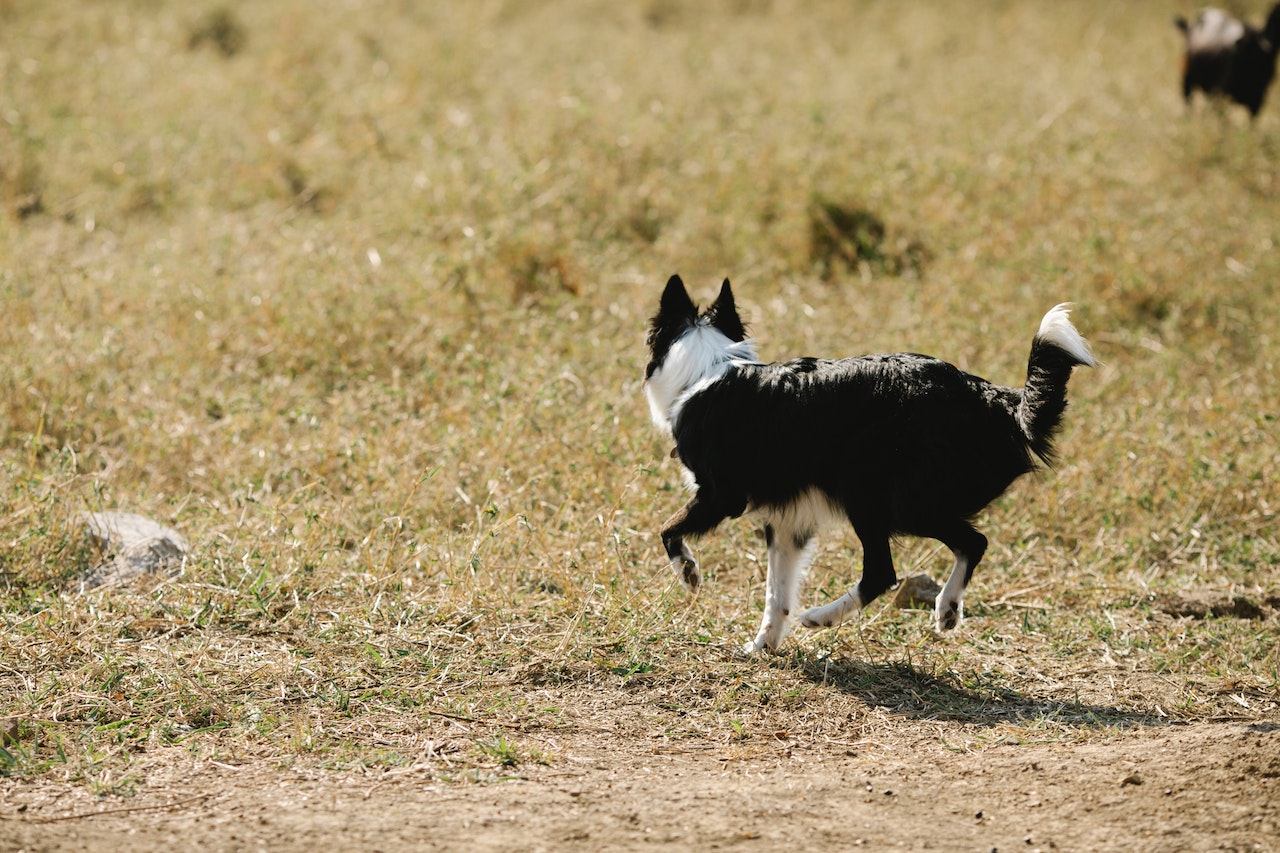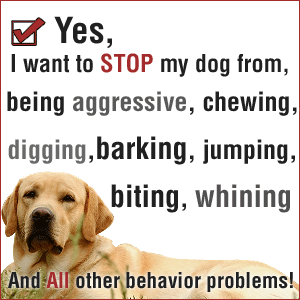If you’ve ever asked yourself the question why is my dog running in circles, you’re right to do so.
Your dog may be experiencing psychological, neurological, or physical issues that can cause this kind of behavior.
Some issues are more serious, while others aren’t worrisome at all. Your dog just may be bored.
In any case, if you feel like there is something wrong with your pooch, schedule an appointment with the veterinarian as soon as you can.
Why Is My Dog Running in Circles?
Have you ever looked at your dog and thought to yourself, Why is my dog running in circles? If you have, you’re not alone!
I mean, we can all agree that dogs are incredibly loyal, unbearably cute, and cuddly, but they can also do some pretty weird things sometimes.
If you’re interested in finding out why your fluffy friend is running around in circles for seemingly no reason at all, you’ve come to the right place.
In this article, I intend to answer all your questions about why your dog is running in circles, as well as whether or not this behavior is worrisome.
People have asked me, Why is my dog running in circles? more times than I can count.
It’s a reasonable question that you should be asking, especially if this behavior is new to you.
Dogs can run around in circles for several different reasons.
They can be:
- Psychological
- Neurological
- Physical
Psychological Causes
Psychological causes include stress, anxiety, fear, and boredom.
Running around in circles is a pretty common thing that all dogs tend to do at some point.
However, it’s important to determine whether or not the behavior is caused by an underlying medical condition. Finding out in time is essential for a timely intervention.
Here are a few things you should consider:
- Have you recently made any changes to your everyday routine?
- When did your dog start behaving differently?
- Are you experiencing any stress or anxiety?
Serious Psychological Causes
There are plenty of things that can cause your dog to feel stressed, anxious, or even unsafe.
For instance, if you recently moved to a new house, or you introduced another pet to the family, your dog will feel a change of routine and start exhibiting strange behavior.
Furthermore, if you feel more stressed than usual due to your work schedule, or something in your life has made you anxious, your dog will definitely take notice.
Also, sometimes families tend to introduce new pets to the household, thinking that their dog will have a companion to play with.
Unfortunately, sometimes pets just don’t get along with one another, and your dog may even be scared of the new addition to your family.
Less Worrisome Psychological Causes
Before you get worried, you should know that sometimes a dog running in circles is just that ─ a dog running in circles.
When we humans get bored, we have our little quirks as well. We may not run in circles, but I’ve seen people quite literally twiddle their thumbs out of boredom.
Since dogs don’t have thumbs, well, you catch my drift.
However, if your dog is just bored, then you should consider whether your pet is getting enough exercise, or if you’ve been cutting its playtime short due to other obligations.
Remember, your dog needs mental stimulation just as much as you do, so don’t neglect it.
Neurological Causes
Neurological causes are far less common than psychological and physical ones, but they are also more serious.
They include:
- distemper
- seizures
- head injuries
Think about how often your dog runs in circles.
If it does so on a daily basis, then this behavior is chronic, and the best thing you can do is take your furry companion to the vet for a checkup.
Neurological causes differ from the other two because the action is involuntary. In other words, your dog cannot control what it is doing.
Note: Sometimes this involuntary action causes dogs to run in circles only in one direction.
If you notice your dog doing so, take it to the vet as soon as possible.
Distemper
Distemper is a viral disease that attacks a dog’s brain cells.
This disease is highly contagious, and one of the most prominent symptoms of distemper is seizures.
Pay close attention to see how your dog is behaving when running in circles. Most dogs tend to fall over after running around and then start kicking their feet.
Seizures
If your dog suffers from a seizure, the best thing you can do is to cushion its head and clear everything from its path so it doesn’t hurt itself.
Make sure to comfort your pup until the seizure passes.
Unlike humans, dogs cannot swallow their tongues during a seizure, so there’s no need to worry about that.
You can expect your dog to froth at the mouth, drool, defecate, or urinate.
Make sure to check the time so you can tell the vet how long the seizure lasted. If you have the opportunity, film it.
Head Injuries
If your pup suffered a head injury, that may be the cause of it running in circles.
Usually, injured dogs start circling when they feel stress, or in some cases — excitement, and this action is involuntary.
A veterinarian will be able to determine whether or not your dog is circling due to a head injury after a check-up.
You can do a quick assessment at home by checking to see if your dog’s pupils are dilated, but if you have doubts, take it to the vet as soon as possible.
Physical Causes
If your dog is experiencing physical pain near its tail, it will most likely try to lick the painful area, which will cause it to run in circles.
The same thing can happen if your dog has a tick in the aforementioned area.
If it’s experiencing pain, it will most likely whimper, which can be a telltale sign that something is wrong.
With ticks, you’ll notice your dog pausing and rapidly biting the area from time to time, then continuing to run in circles.
On the other hand, if your dog has an anal gland infection, apart from running around in circles you’ll probably notice it dragging its rear end on the floor as well.
In either of these cases, your dog will need a visit to the vet so they can determine the cause and treatment.
The Conclusion
Dogs truly are a man’s best friend. They love us unconditionally, no matter what.
Noticing signs that something is wrong with your pooch on time will ensure that it lives a long, happy life.
Hopefully, those of you asking yourselves the question of why is my dog running in circles have gained a better understanding of what the different causes for this kind of behavior can be.
As I mentioned, not all instances mean your dog is in need of treatment.
However, if you’re unsure of whether or not the problem may be serious, the best thing you can do for your pup is to take it to the vet.


